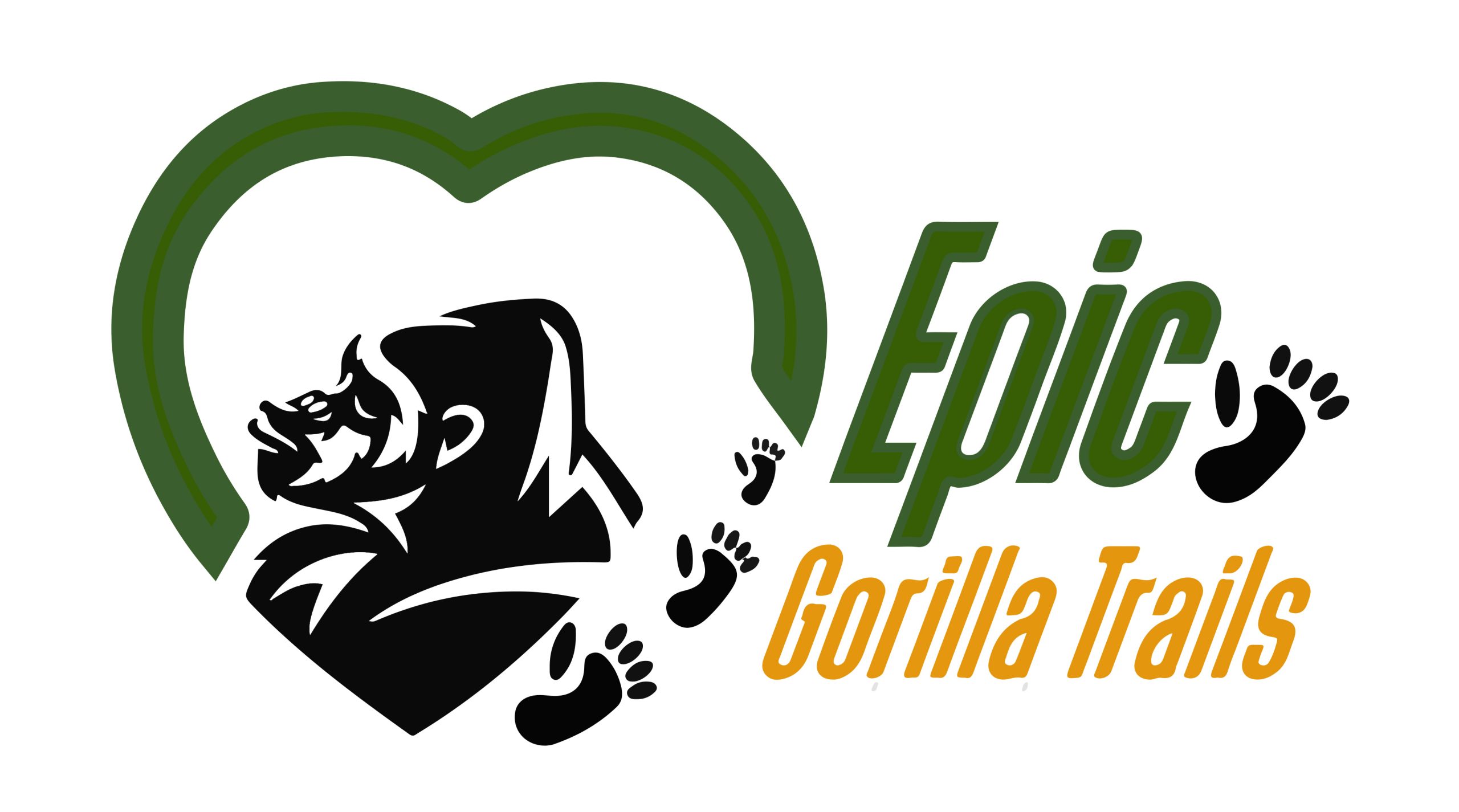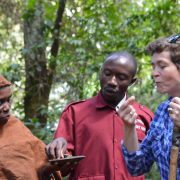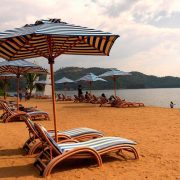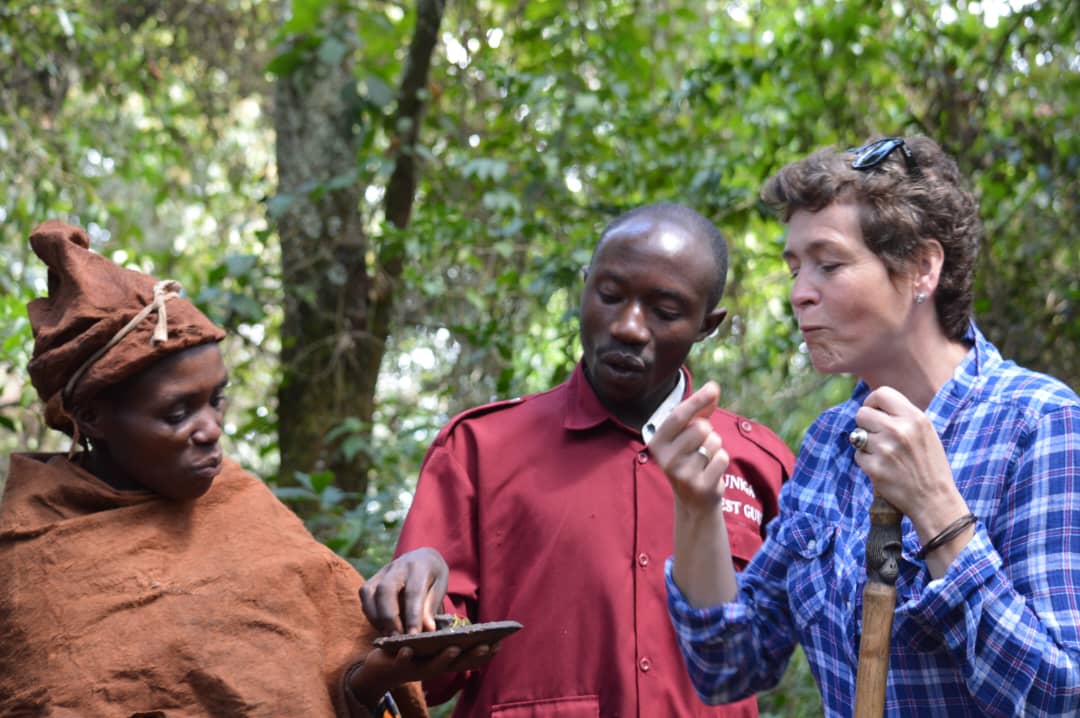
Pro-Poor Tourism is Bringing back Smiles of the Forgotten Giants of Wildlife Conservation.
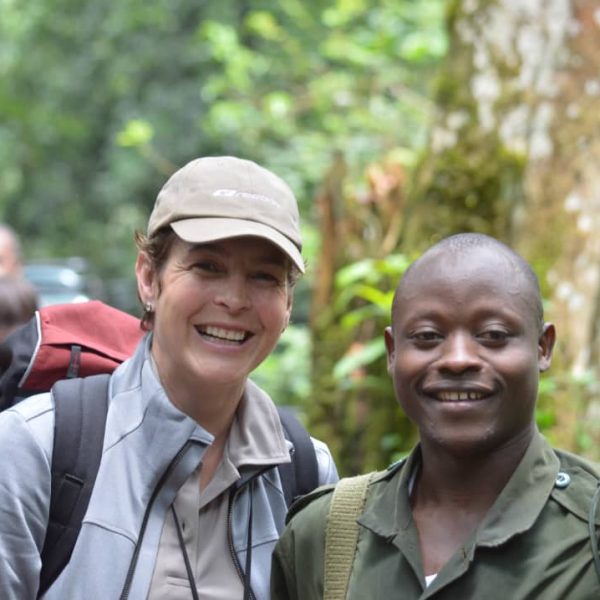
Yes, you heard me loud and clear—it’s called Pro-Poor Tourism. Some of you may be hearing this term for the first time, while others may already be familiar with its concept. As the travel industry continues to evolve into one of the world’s most impactful economic sectors, there is a growing need to redefine how tourism benefits communities, particularly those living in conservation areas.
Tourism today presents an extensive menu of travel experiences. Tourists can browse through this menu, selecting the adventures that suit their expectations, interests and values. Over time, we’ve seen the rise of various travel philosophies, including Responsible Tourism, Eco-Tourism, Agro-Tourism, and voluntourism. Yet one approach that deserves urgent attention is pro-poor tourism, a travel model designed to directly benefit the marginalized communities living in and around major conservation areas.
Both travellers, agents and planners are imagining What is Pro-Poor Tourism? Pro-Poor Tourism (PPT) is a tourism strategy explicitly designed to increase the net benefits for poor communities. Unlike mass tourism, where profits flow to large corporations, PPT prioritizes local economic participation by ensuring that communities directly benefit from tourism revenues. This tourism operating model is especially vital in regions where wildlife conservation efforts have led to displacement, economic struggles, and cultural erosion. The practice of gazetting forests, national parks, and wildlife sanctuaries has, in many cases, resulted in indigenous communities being displaced from their ancestral lands. As tourism in these areas grows, multinational corporations and elite investors dominate the industry, leaving local people with little to no stake in the benefits of conservation.
Together let’s see Where Does Pro-Poor Tourism Matter Most in or present day life? Pro-Poor Tourism is most critical in areas where conservation efforts have inadvertently led to socio-economic challenges for local populations. Such regions include:
- Africa
- Kenya – The Maasai and Samburu communities are currently facing land eviction pressures due to policies favoring foreign investments in conservation areas.
- Uganda & Rwanda – While mountain gorilla conservation in Bwindi and Volcanoes National Park has been a success, the Batwa people, once the forests’ original inhabitants, struggle for economic inclusion in tourism profits.
- South Africa – Indigenous groups, particularly in Kruger National Park and surrounding areas, face ongoing battles for land rights and economic opportunities in tourism.
- Asia
- India – In Rajasthan and Madhya Pradesh, tribal communities that once coexisted with tigers are now sidelined from the booming safari tourism industry.
- Indonesia – Indigenous groups in Sumatra and Kalimantan struggle to retain access to their traditional lands, now dominated by luxury resorts and conservation projects.
- Latin America
- Peru – The Quechua communities of the Andes are often overlooked despite their historical and cultural connection to sites like Machu Picchu.
- Brazil – The Amazon’s native tribes face the double threat of deforestation and tourism development that rarely benefits them directly.
- Europe & Australia
- Australia – Aboriginal communities continue to advocate for greater recognition in eco-tourism ventures around Uluru and the Northern Territory.
- Scotland – Some rural Scottish communities are now embracing heritage tourism as a means of economic survival in the wake of land dispossession.
The Harsh Reality: Who Controls Tourism? Today, tourism is often seen as a competitive economic sector where corporate giants overshadow small, locally owned businesses. This has created a serious imbalance where:
- Local tour operators, despite their deep knowledge and experience, struggle with marketing and global reach.
- Wealthy investors control luxury lodges, safari experiences, and travel logistics, leaving local guides and small businesses on the fringes.
- Communities that once coexisted with wildlife are now treated as outsiders in their own lands.
Even in countries where governments have implemented policies to protect indigenous communities, enforcement remains weak, and economic benefits rarely trickle down to the affected people.
A Case Study:
The Maasai Land Crisis in Kenya: The Maasai people, famous for their deep connection to the land and wildlife, are under increasing pressure as foreign investment policies push them off their ancestral lands. Large-scale tourism developments and conservation projects have led to evictions, forcing many Maasai into economic uncertainty.
While tourists enjoy luxury safaris in Maasai Mara, many local Maasai communities remain in poverty, with little stake in the tourism revenue. This is a glaring contradiction—tourists visit to experience the “authentic Maasai culture,” yet the Maasai themselves struggle to benefit from the industry that profits from their heritage.
Why Your Next Trip Should Support Pro-Poor Tourism? As global tourism booms, we must ask this question: How can we make tourism more inclusive and just?
Pro-Poor Tourism offers solutions by ensuring that local communities are not only seen but are also economically empowered. The beauty of this approach is that it doesn’t require massive policy changes—it starts with individual travelers making conscious choices. Here’s how you can contribute:
- Choose Locally Owned Tour Operators: Opt for safari companies like Epic Gorilla Trails, guides, and lodges that are run by local people rather than international corporations. This ensures that your tourism dollars stay within the community rather than being funneled abroad.
- Buy Directly from Communities: When traveling, prioritize local markets, traditional crafts, and homegrown businesses instead of big commercial outlets. This supports local artisans and creates sustainable economic opportunities.
- Support Community-Based Conservation Projects: Many communities run small conservation initiatives, from protecting endangered species to restoring natural habitats. Travelers can contribute by donating, volunteering, or spreading awareness.
- Advocate for Ethical Wildlife Experiences: Avoid attractions that exploit wildlife for entertainment. Instead, support conservation-centered experiences that respect both the animals and the indigenous people who have safeguarded them for centuries.
- Fund Sponsorship Campaigns: Some tourists go beyond their visits and launch projects to support education, clean water, or healthcare in affected communities. If you have the means, consider giving back to the places that welcome you.
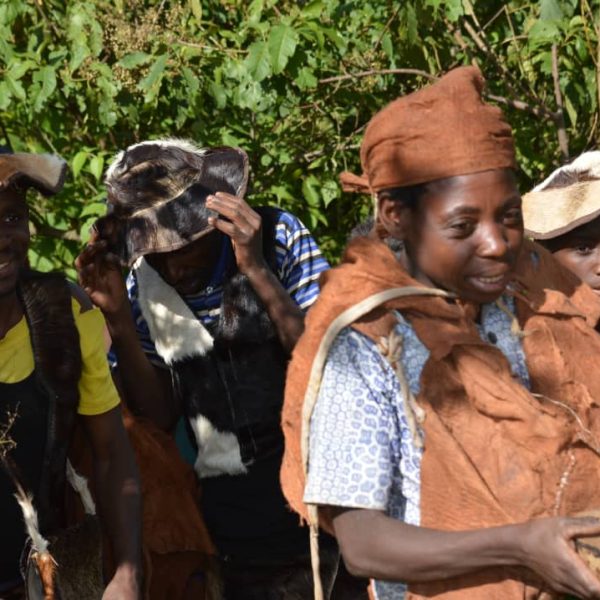
Together let’s redefine The Future of Travel: A Call to Action-As the world enters another era of travel, it is crucial to embrace ethical and community-driven tourism models. Pro-Poor Tourism is not just a trend—it is a movement toward equity and justice in the tourism industry.
For those eager to explore Africa beyond the internet version and written literature, Epic Gorilla Trails we are here to help you.
With nearly a decade of experience bridging the gap between local tour operators and international travel markets, we are positioned into remote villages of south western Uganda to manage and craft safari experiences that allows you to truly connect with Africa’s untamed wild places while supporting the communities that call them home.
Join the Pro-Poor Tourism Tribe: If you’re passionate about ethical travel, join the global community of Pro-Poor Tourists who believe in travel that uplifts, empowers, and respects local communities. We Thank you for reading, sharing and understanding this message. Any safari booking with us is an effort made to support Pro-Poor Tourism.
Together, we can make travel a force for good!
Let’s travel differently. Let’s travel with purpose…….!!!
